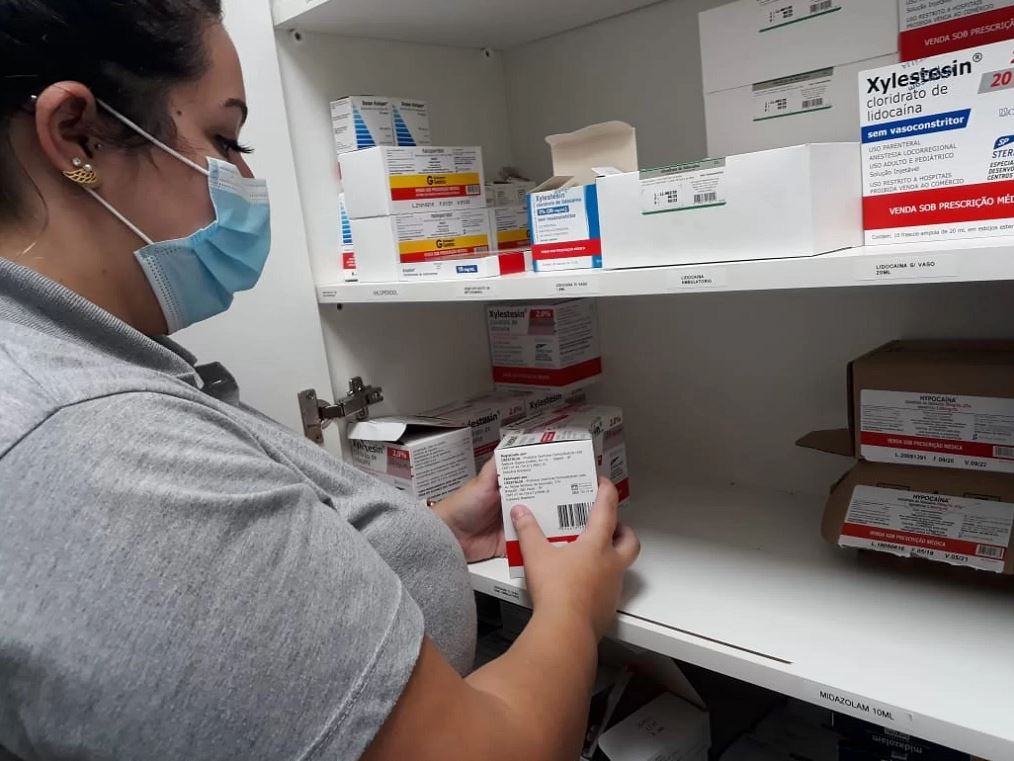RIO DE JANEIRO, BRAZIL – A survey by the National Health Confederation (Conass) in more than 100 hospitals, clinics, and homecare companies, which operate in 13 states and the Federal District, verified the lack of several medications.
In more than 87% of the places surveyed, intravenous fluids were missing. Another 63% lacked injectable dipyrone – widely used for pain and fever. In half of the places, there was a shortage of medicine to combat autoimmune disease, which causes muscle weakness, heart arrhythmias, and ulcers.
There was also a shortage of medicine for contrasts, to fight bacterial infections and against asthma, bronchitis, and emphysema.

The National Council of Municipal Health Secretaries (Conasems) says that it informed the Ministry of Health about the lack of injectable drugs in March. Two months later, it made another alert.
“In May, we made a new document, with the support of Conass and Conasems, pointing out a longer list of drugs, calling the ministry’s attention to regulating this service so that users would not lack it at the end,” explains Mauro Junqueira, executive secretary of Conasems.
The institutions that participated in the survey also informed that some medications cost twice as much as the market price.
At least 95% of the inputs, including the active pharmaceutical ingredient (API), are imported from China and India. The rising dollar, the higher international demand, and even the cost of oil have caused an increase in the price of these imported inputs.
“Part of these missing inputs are produced here in Brazil. They could not be missing. Now, for those coming from abroad, you must try to establish a stock that can handle them. And, for this, you need planning,” says Bruno Sobral, executive director of CNSaúde.
With information from Jornal da Globo

